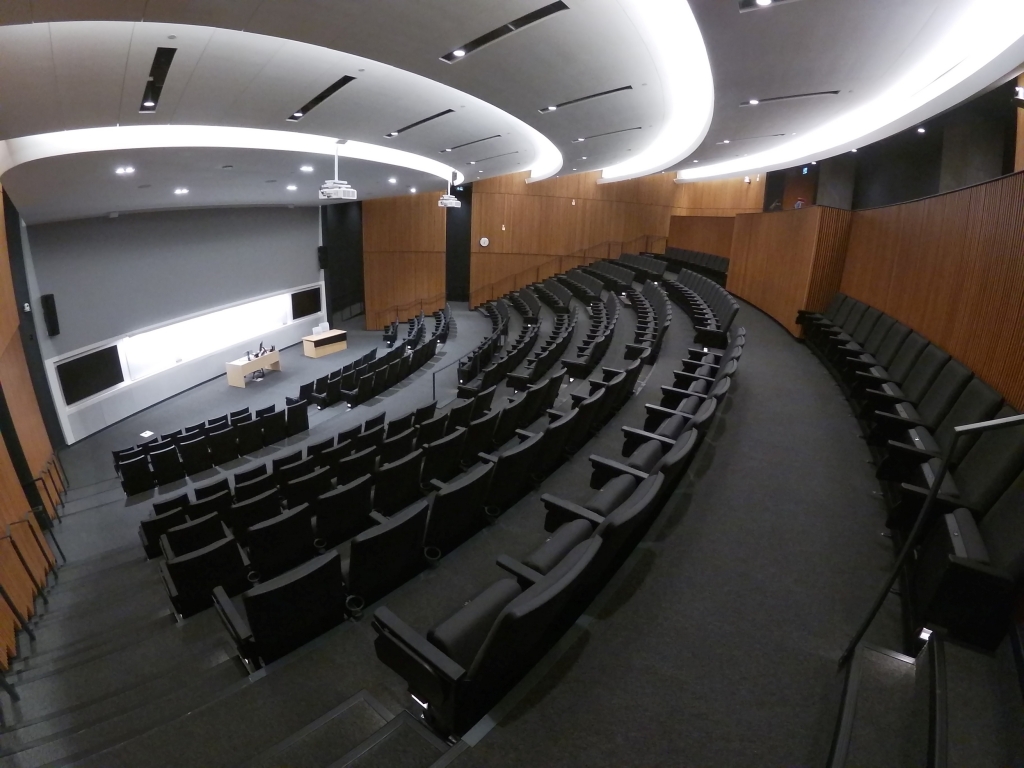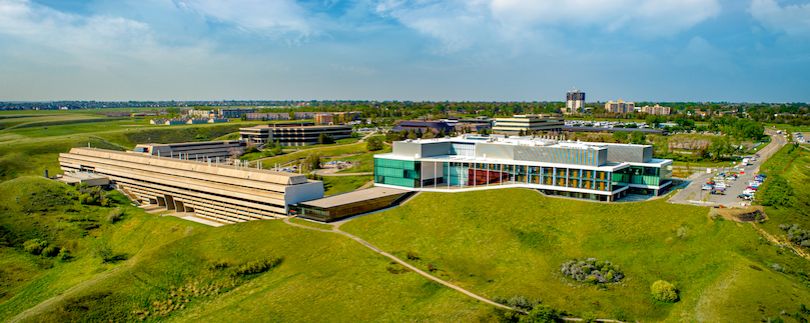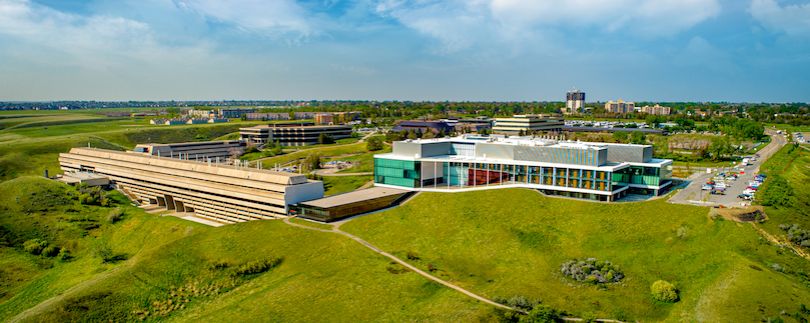📚About the Program
Master’s in Sociology at University of Lethbridge
The MA program in the Department of Sociology is a two-year graduate program designed to provide students an intellectually stimulating and vibrant academic environment to enhance their “sociological thinking” through graduate-level coursework and thesis-based research. Each year, we seek to admit a small number of interested, enthusiastic, and qualified students. Since our cohorts are small, students in our program benefit from close mentorship opportunities with supportive and interested faculty. Students also benefit from flexibility in course offerings and personal attention in designing a program aligned with their individual research interests. Students develop their programs in consultation with their supervisors and complete between three and six graduate-level courses; course descriptions of courses offered at the University of Lethbridge are available in the course catalogue. You can also view the dynamic schedule on the Registrar's Office website to see what courses are being offered and when. Typically, students will require a bachelor’s degree in Sociology to be admitted into the program, but a bachelor’s degree from other cognate disciplines, combined with a planned program of research grounded in sociological inquiry, will also be considered. Applicants are required to contact a potential supervisor prior to applying to the program to ensure the suitability of their proposed research and to confirm a willingness on the part of the faculty member to act as their supervisor. Faculty members in the Department of Sociology are actively involved in research, including many projects that may lend themselves well to graduate thesis work. Research interests among faculty are wide-ranging, and include interests in cultural, social, and political theory, gender and sexuality, social control, family and work, social trends, religion, youth, political sociology, sport and physical activity, global inequalities and population challenges, and population aging, thus providing students with a rich array of research areas to pursue. The methodological approaches department members utilise are also diverse, and include interviewing, field work, autoethnography, surveys, contextual analysis, global comparative analyses, and statistics. The department also has affiliations with several research centres and projects that draw faculty from multiple departments, which may be in line with student needs and research interests. These include the Centre for Culture and Community, the Prentice Institute for Global Population and Economy, the University of Lethbridge Research Data Centre, the Centre for Oral History and Tradition, and the Institute for Child and Youth Studies. We look forward to welcoming you to the MA program in the Department of Sociology!
Show less 



